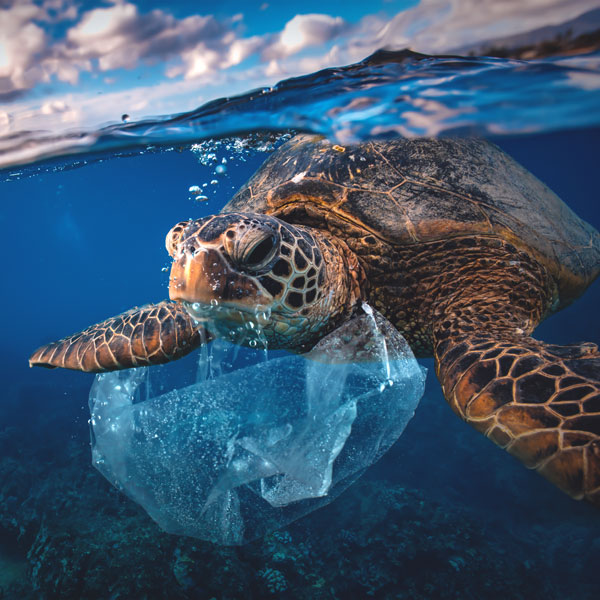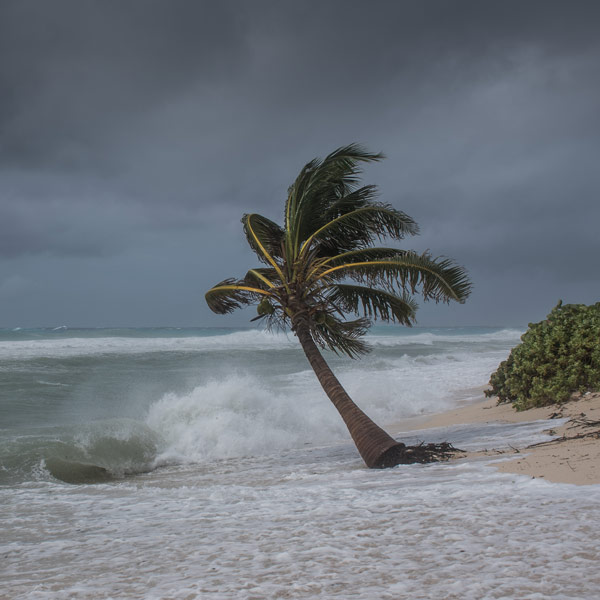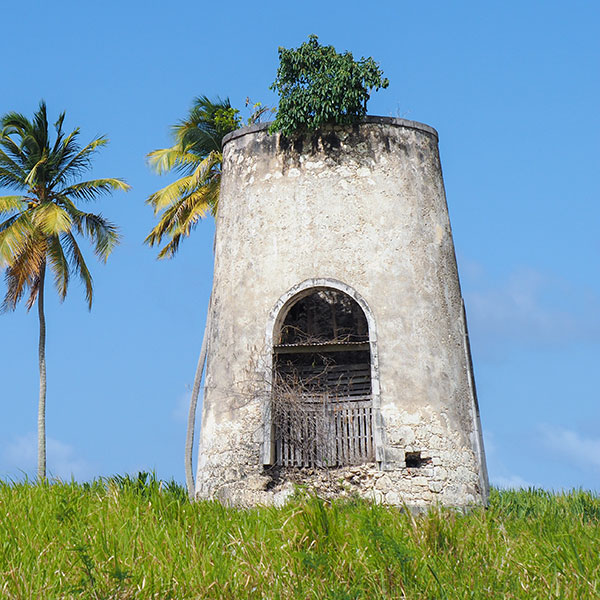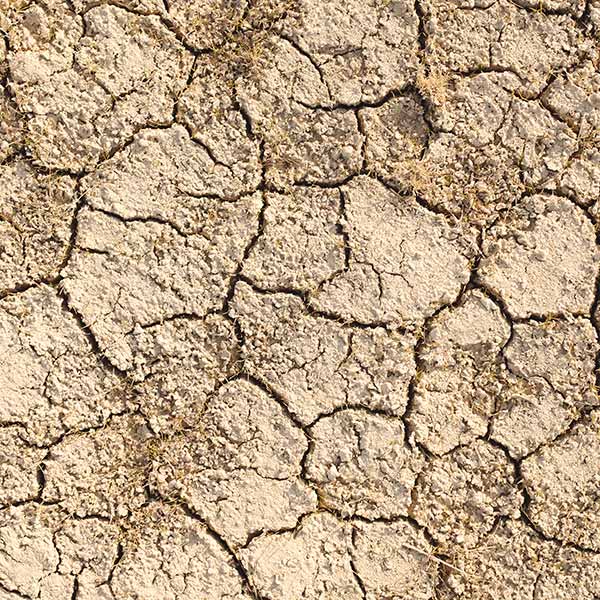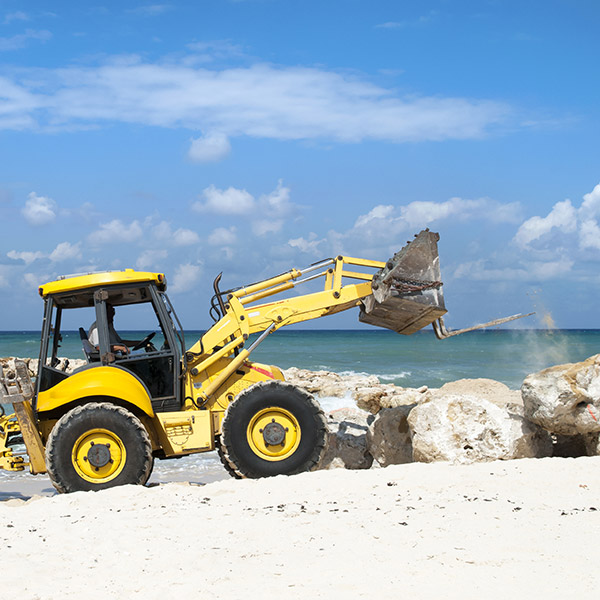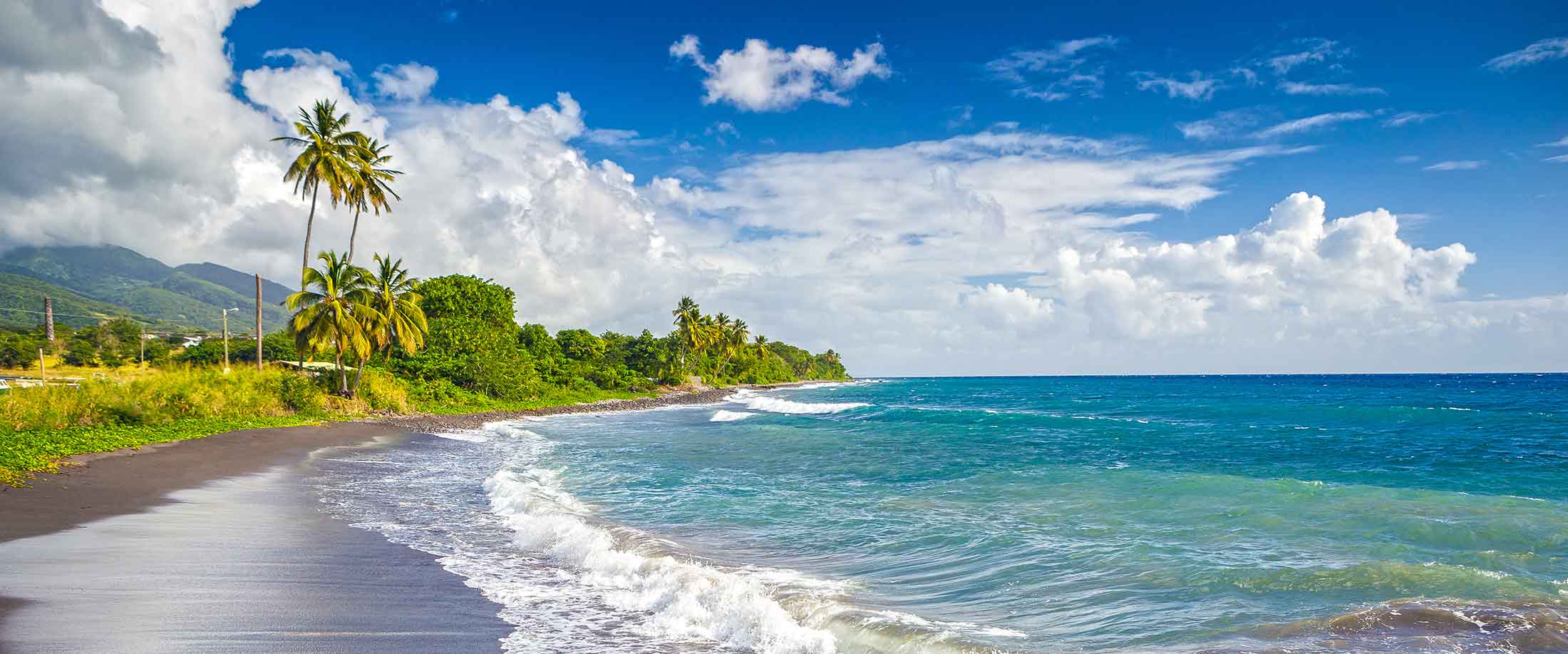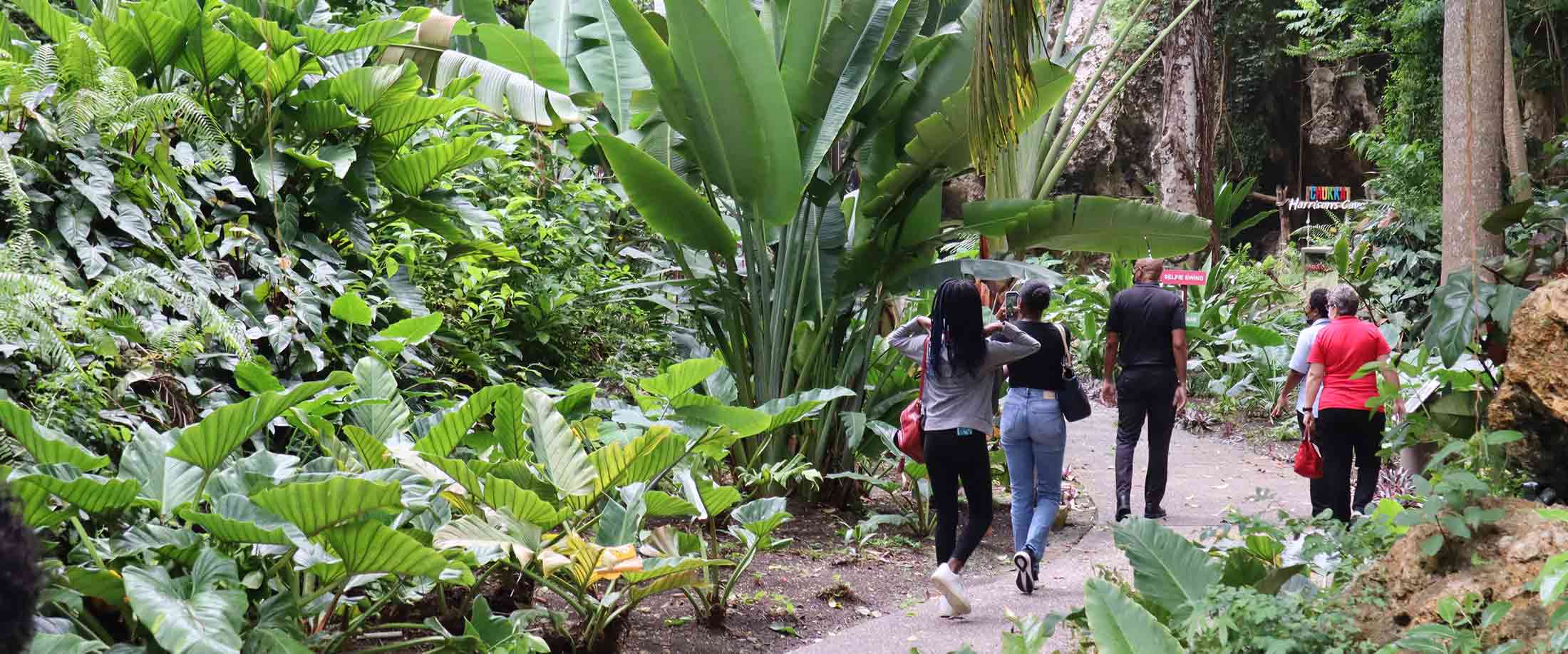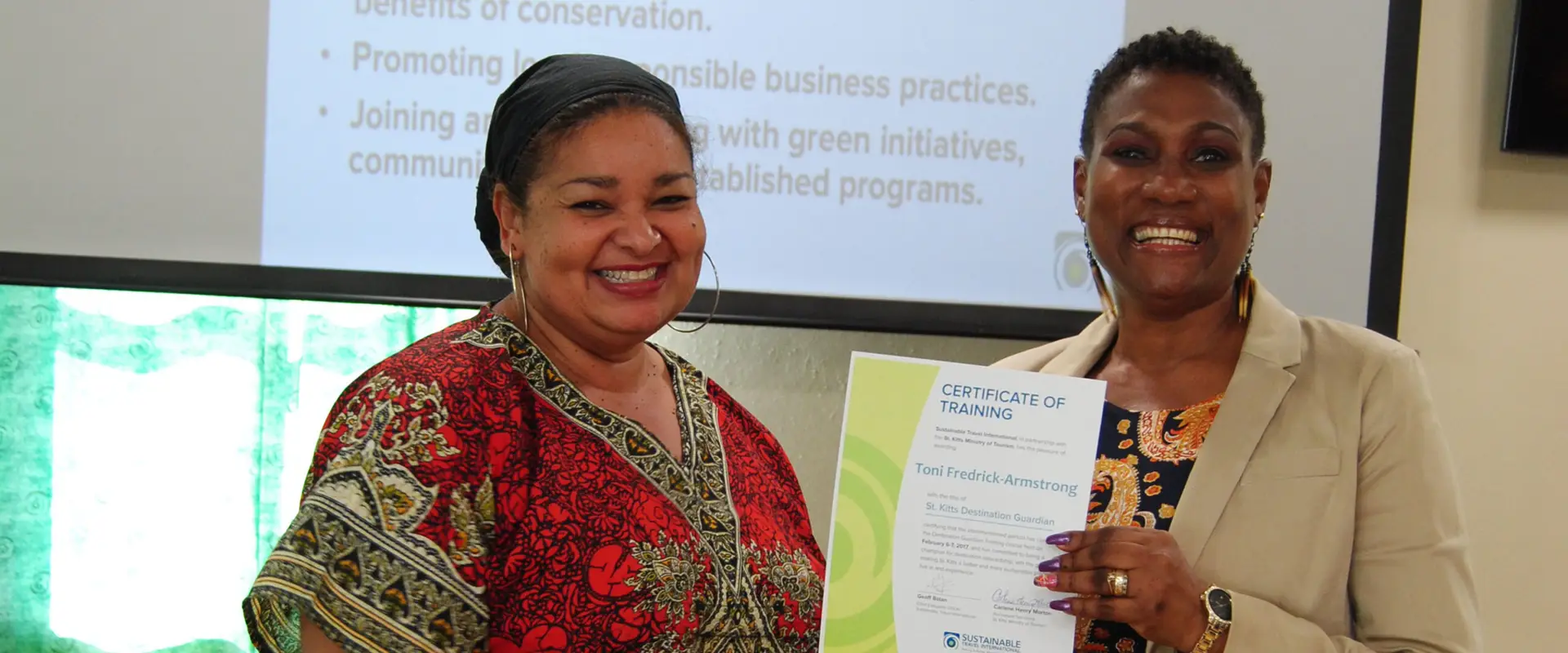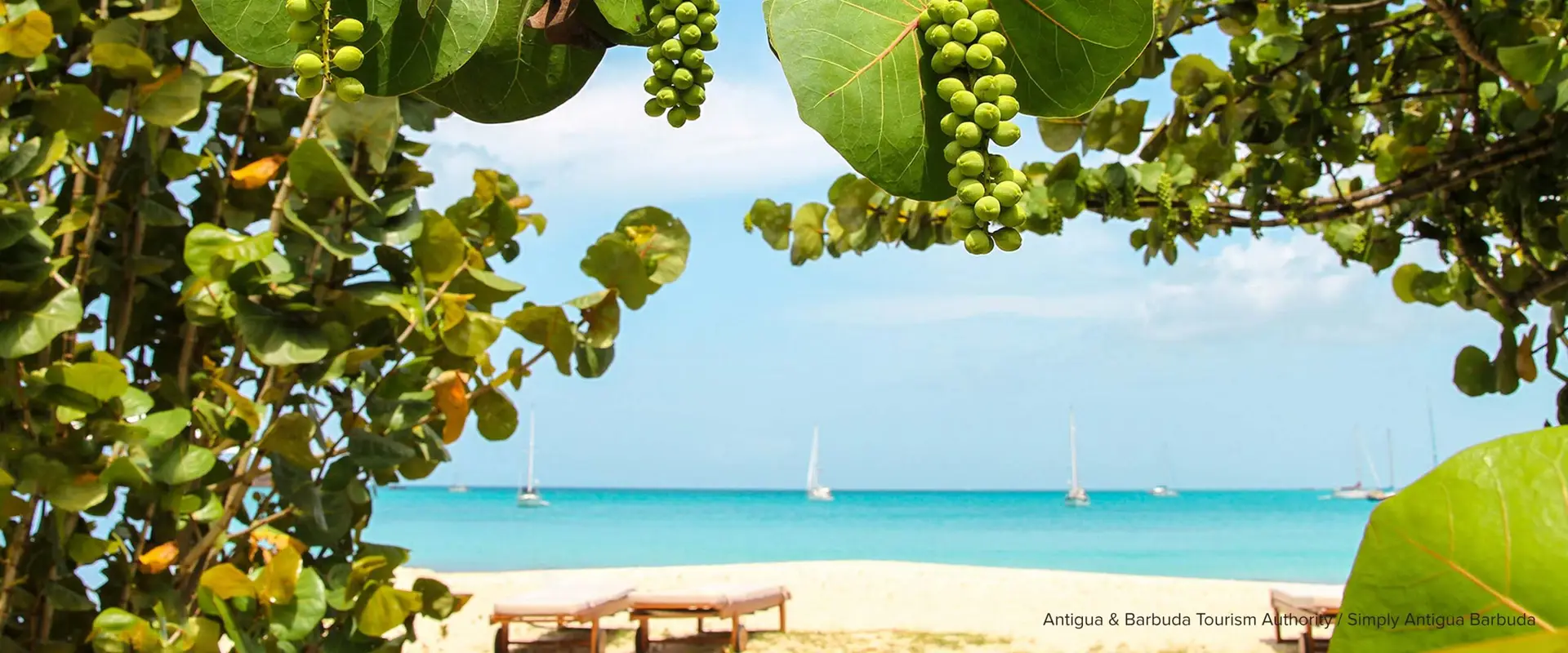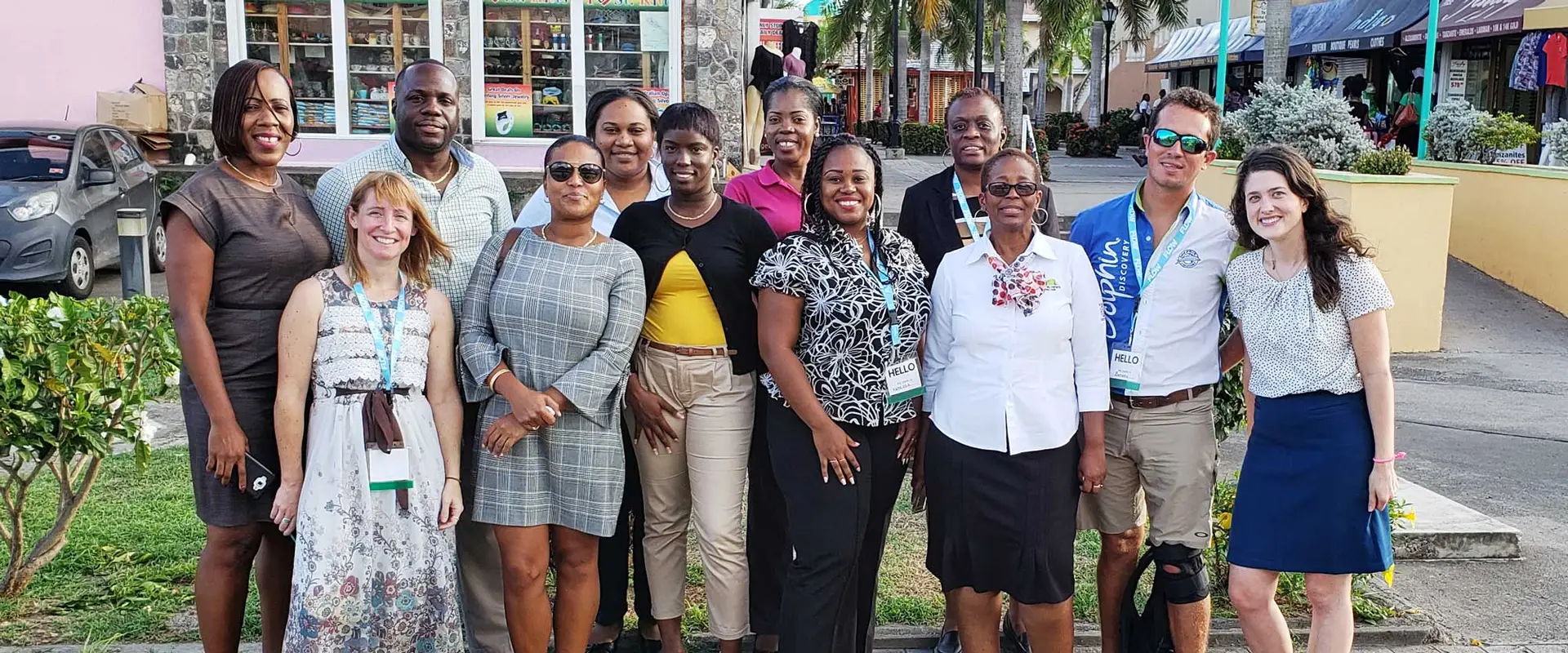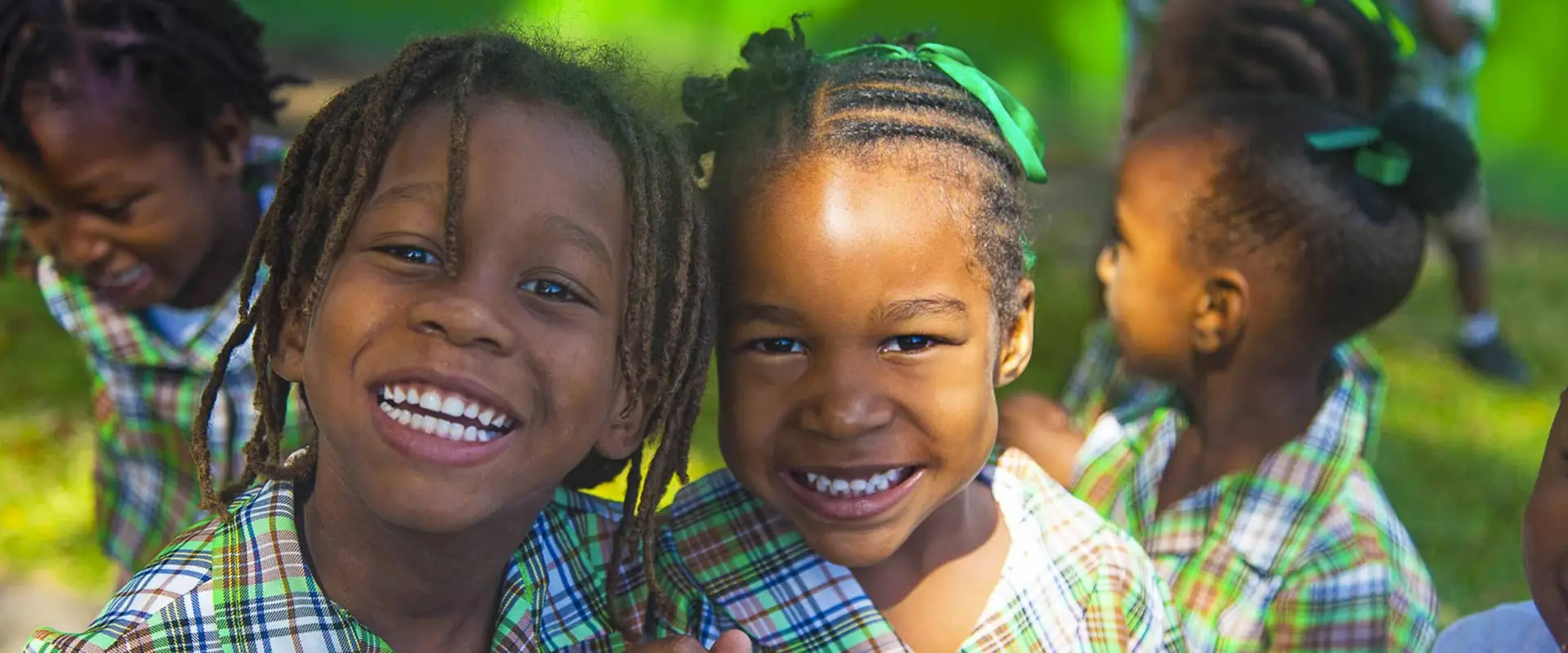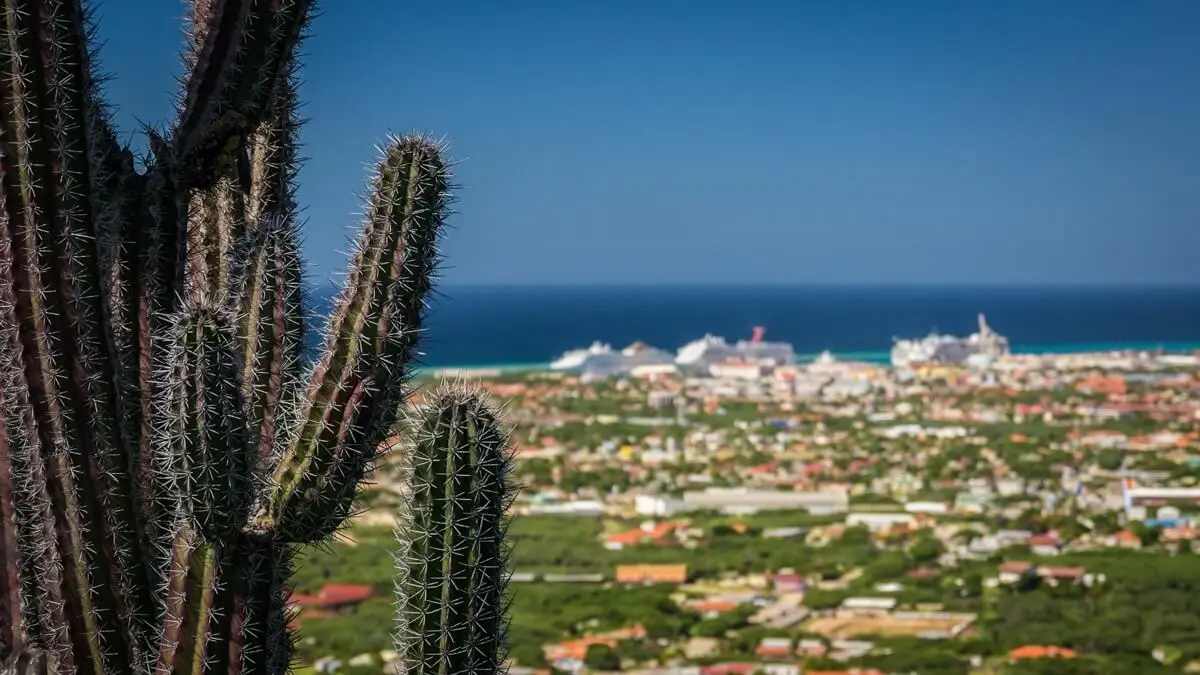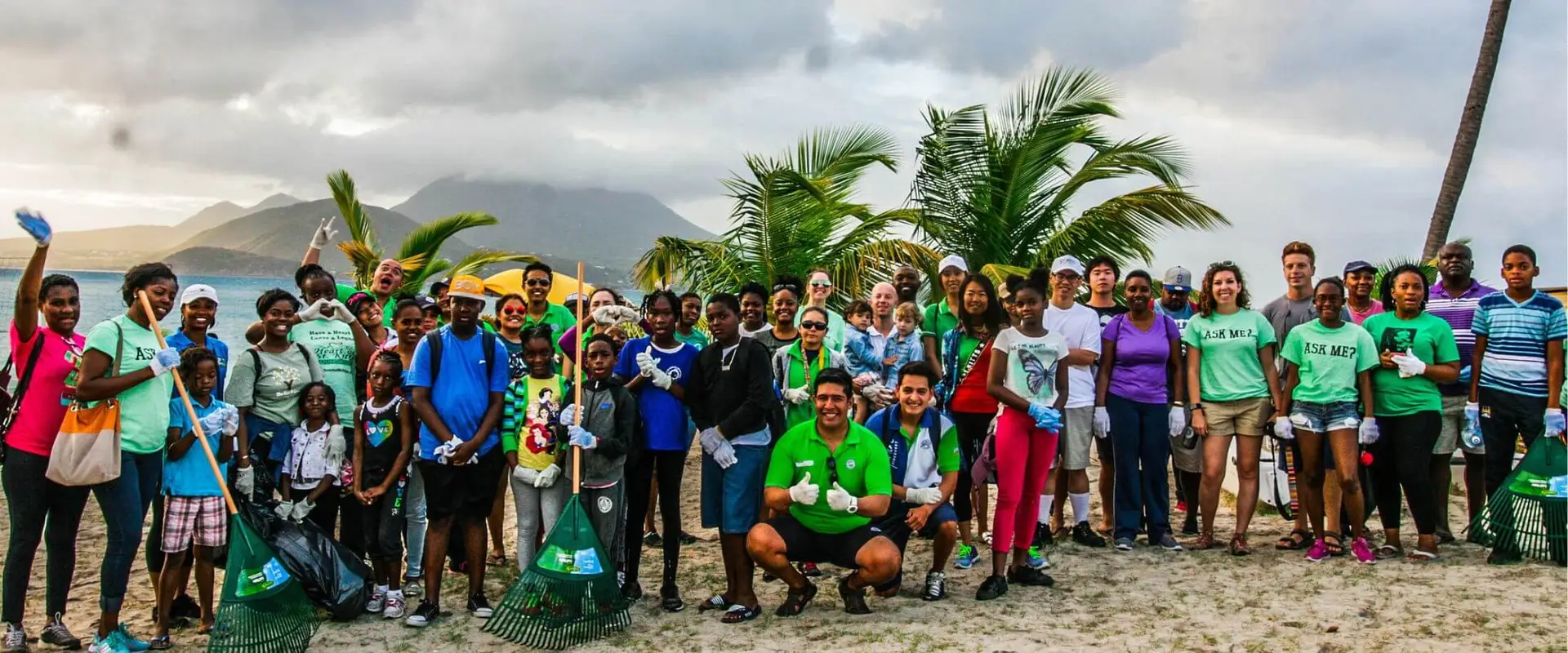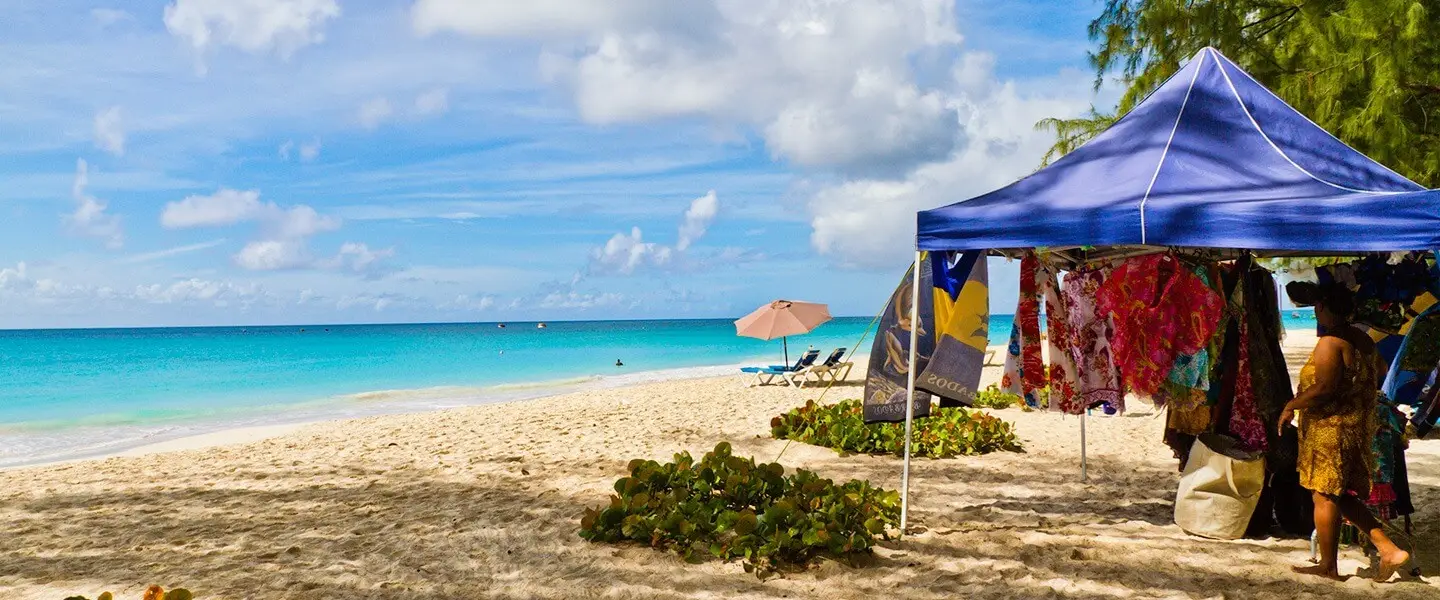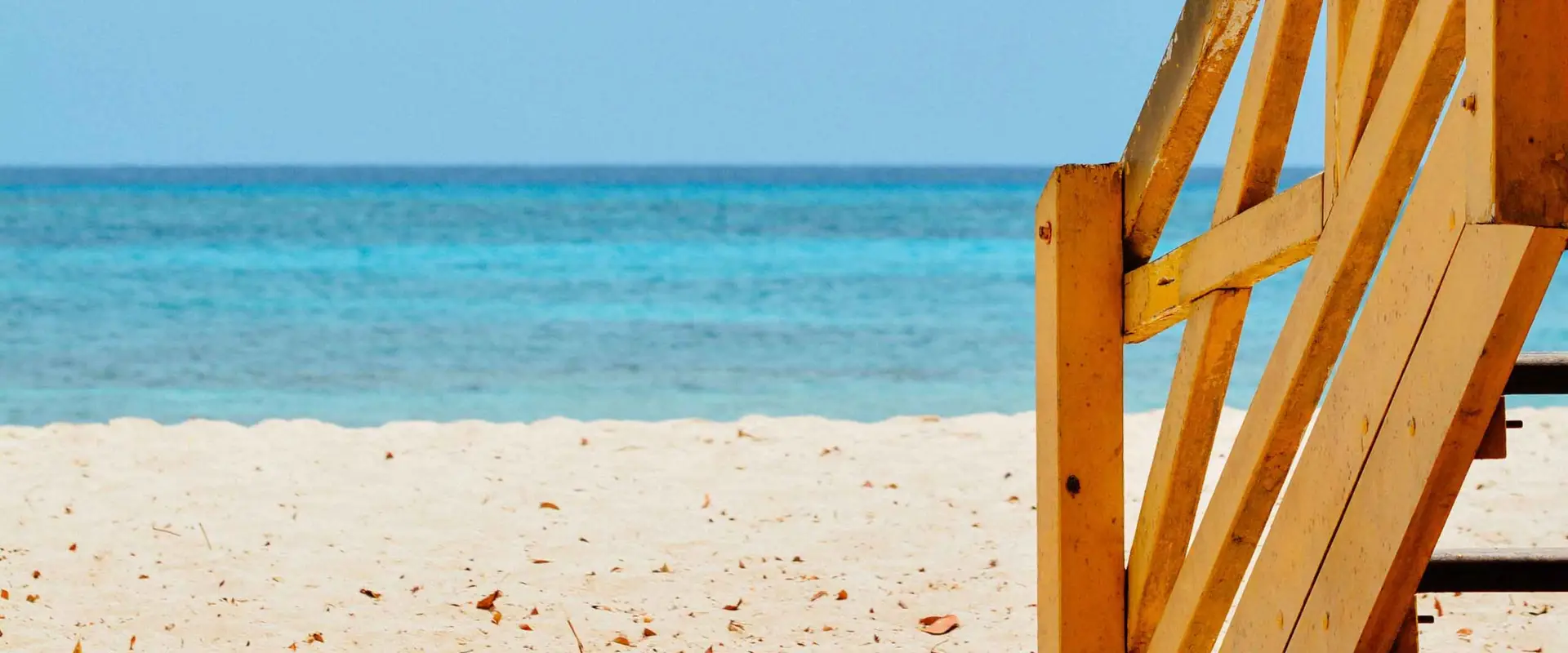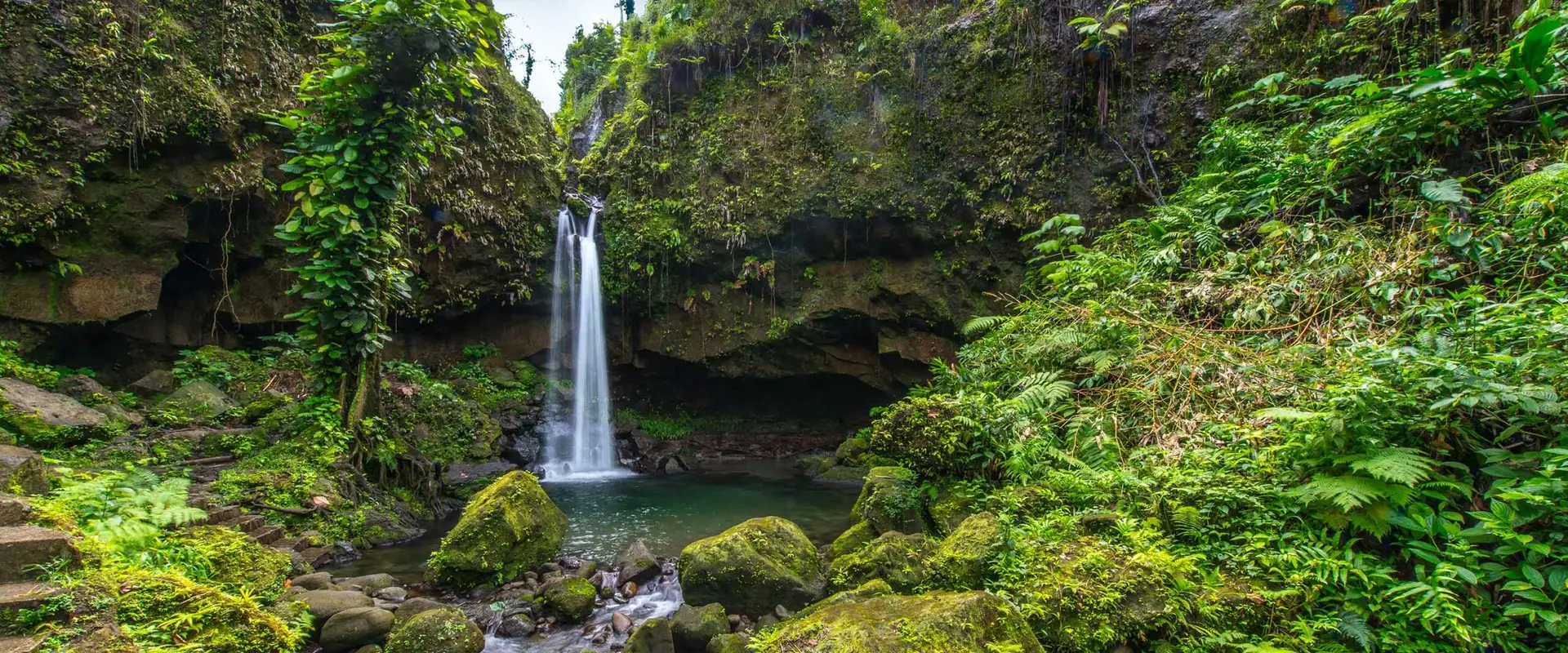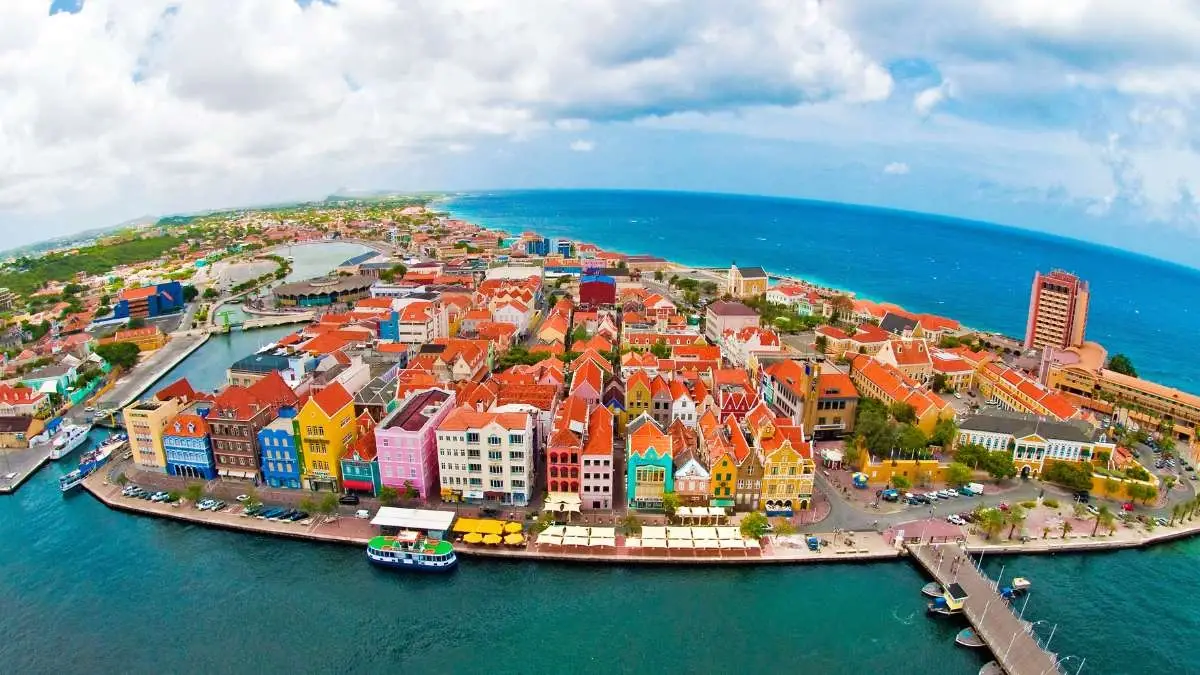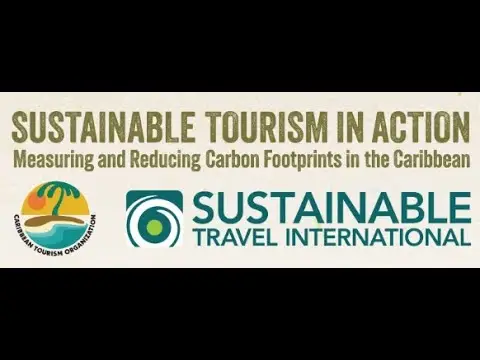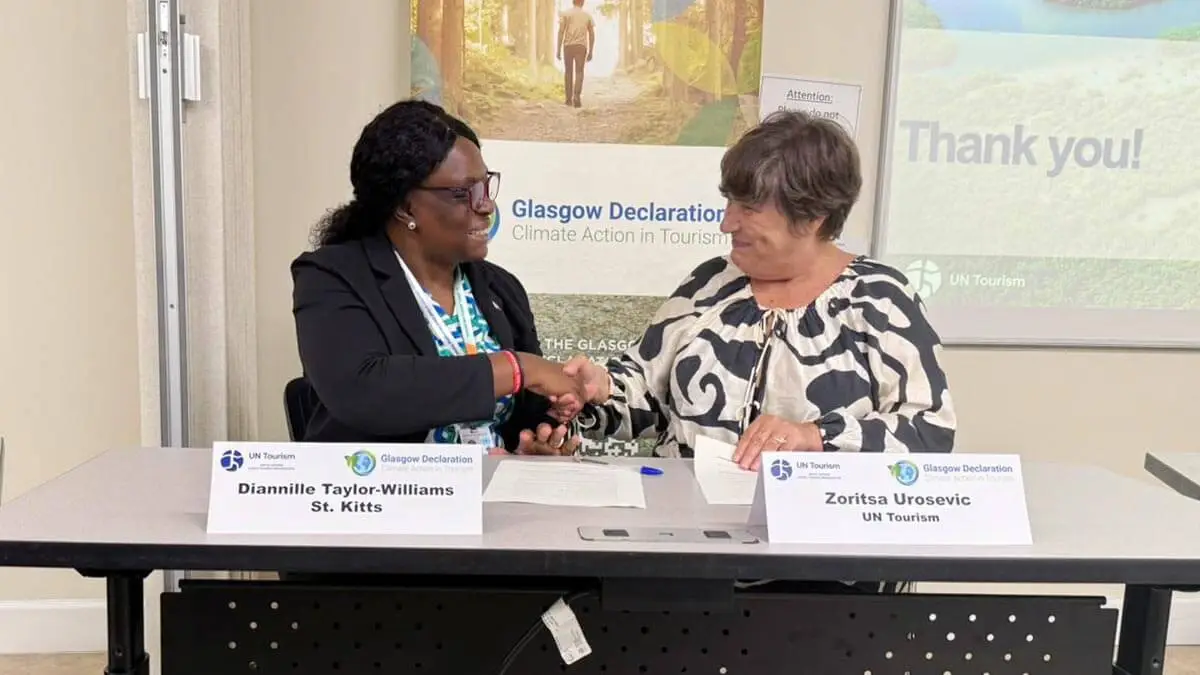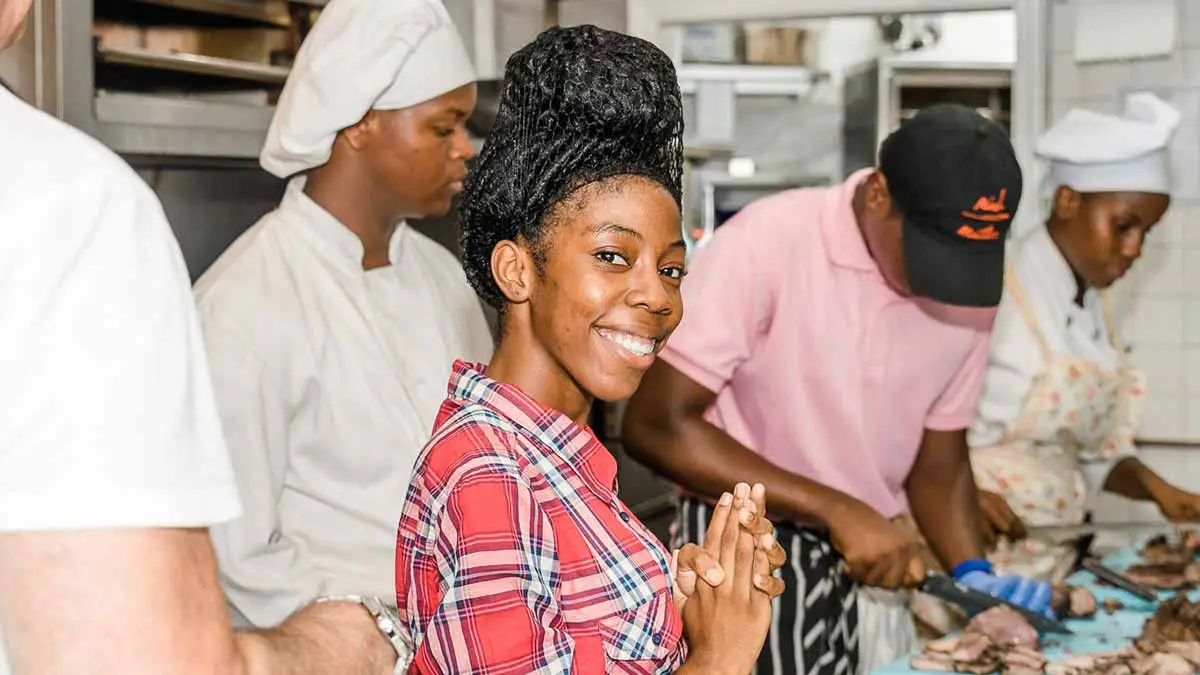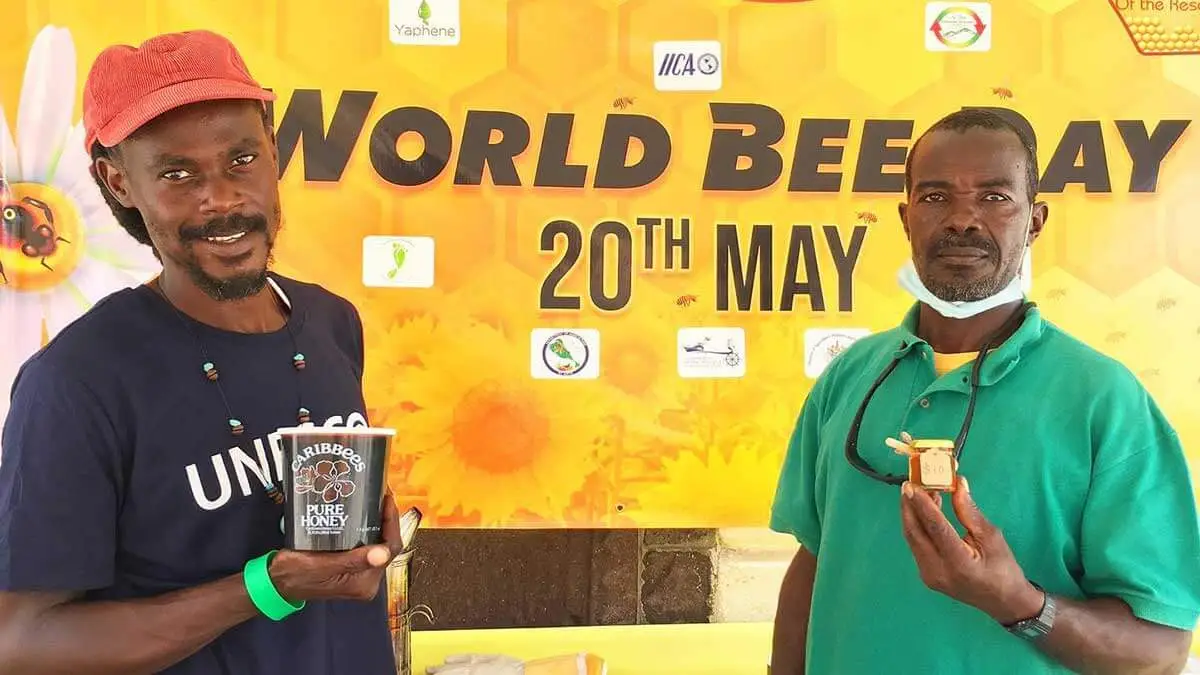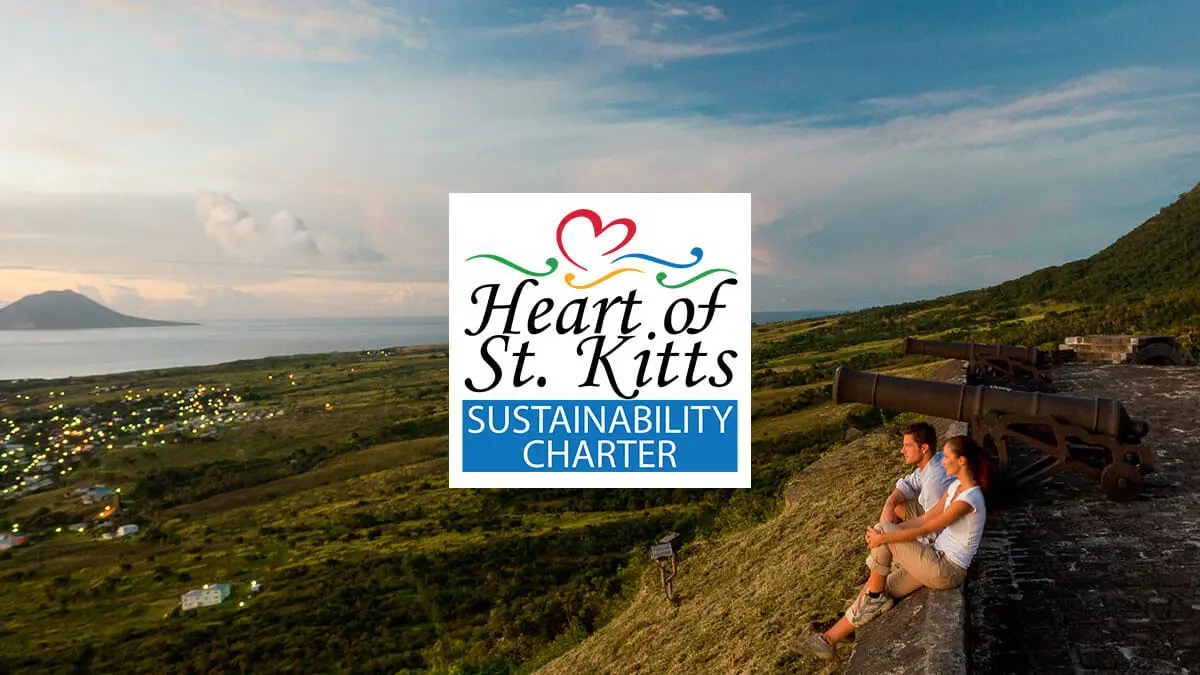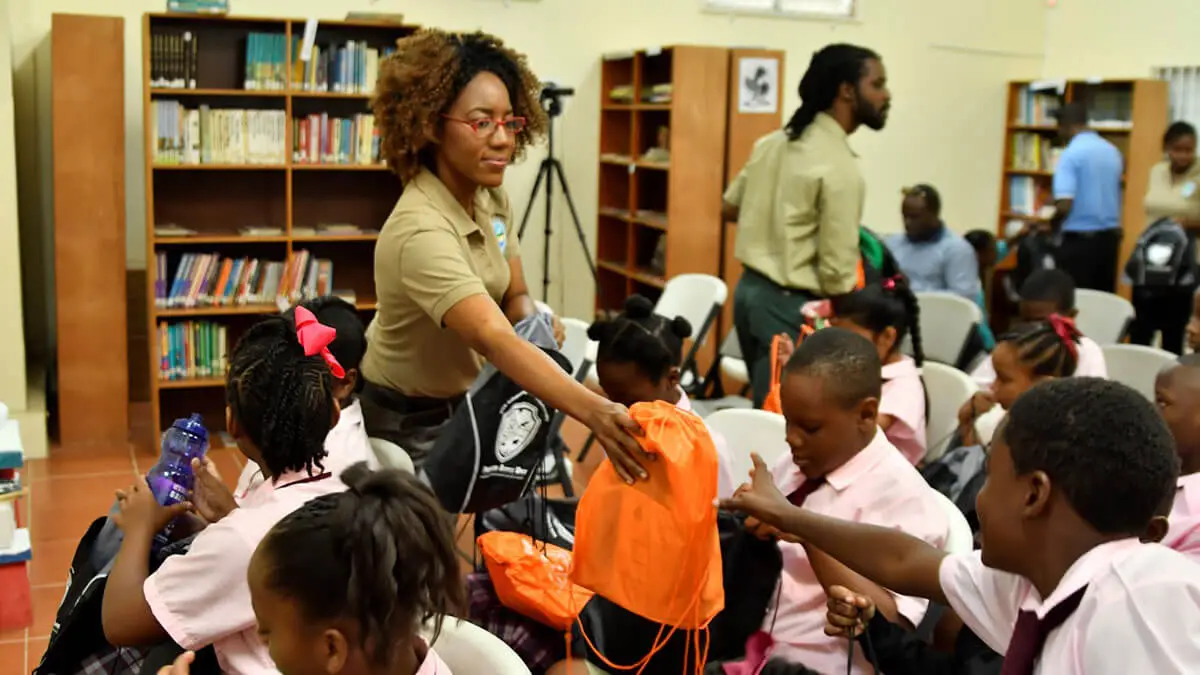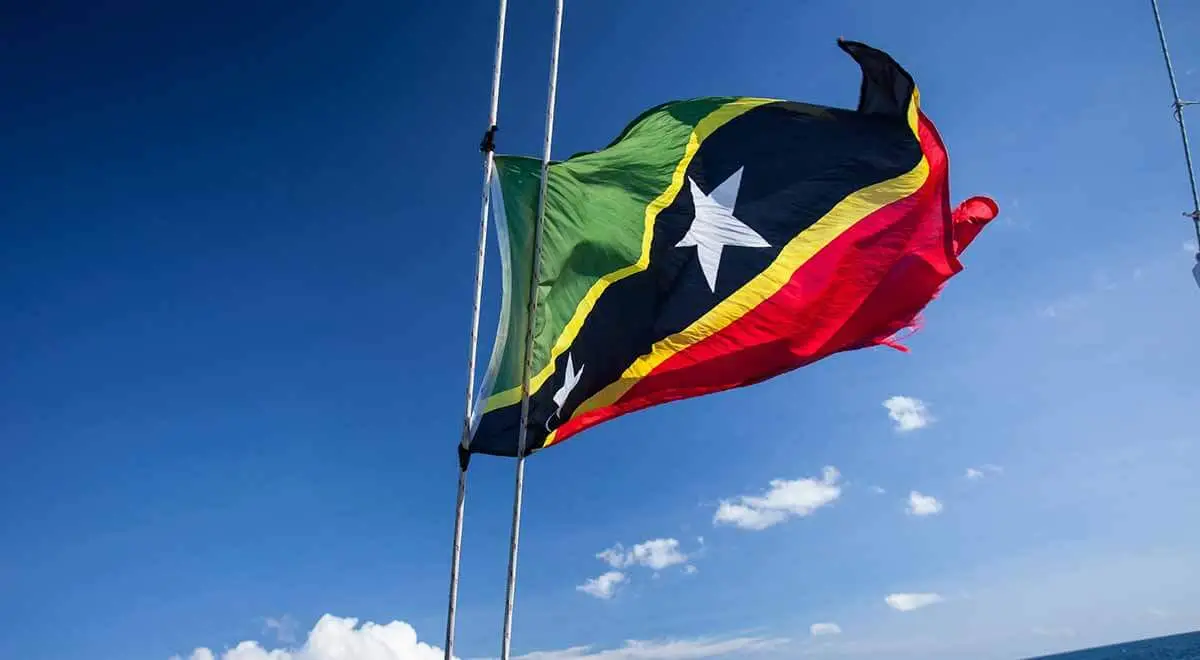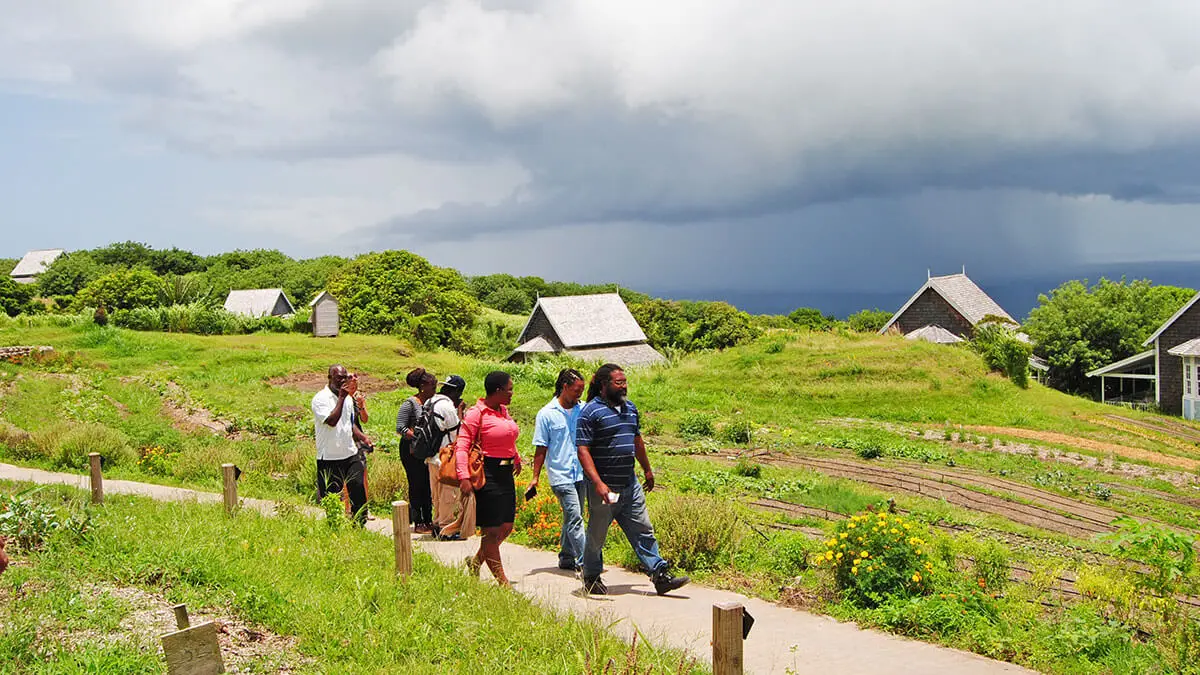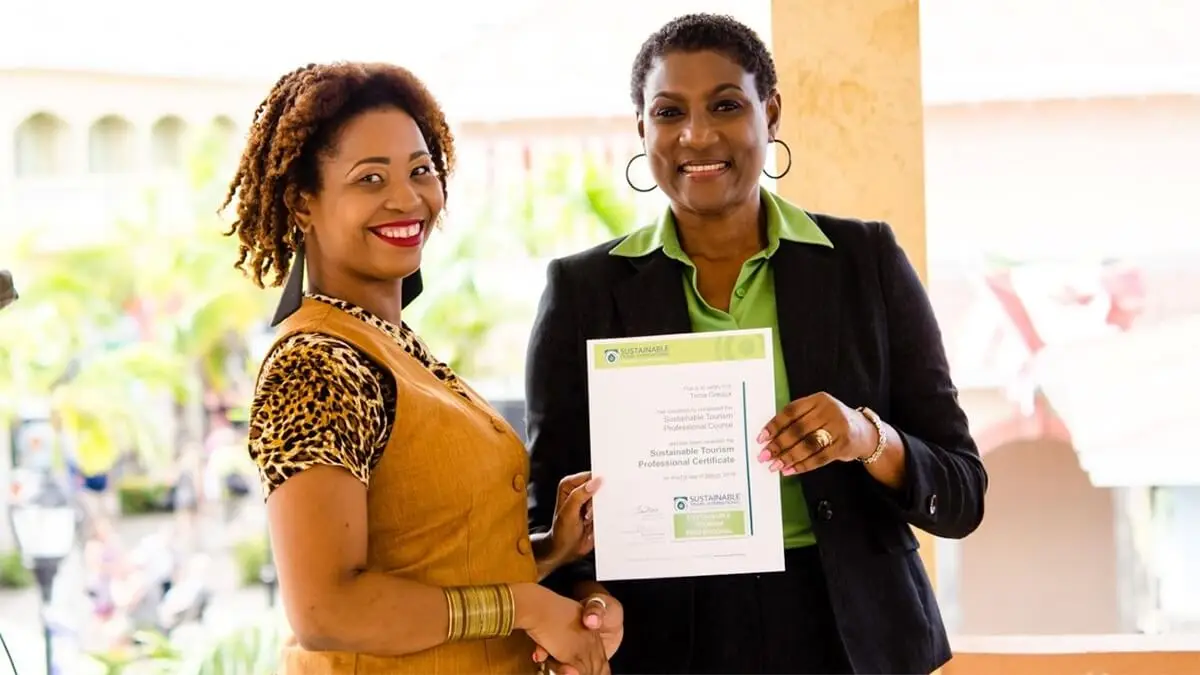Caribbean Islands
Some 28 island nations and territories dot the glistening waters of the Caribbean Sea. With year-round warm weather and picturesque beaches, these secluded islands are the quintessential getaway for vacationers seeking rest and relaxation.
The Caribbean is more dependent on tourism than any other region in the world. The industry supports more than 2.5 million jobs across the region, and some islands rely on it for more than 50% of their GDP!
But because tourism developed very quickly in the region, its growth has posed challenges for the vulnerable environments and communities of the Caribbean. We work to address these issues by promoting sustainable tourism that protects the islands’ natural and cultural resources and meets local needs.


Small Islands
Due to their small size, remote locations, and coastal geographies, the islands of the Caribbean are classified as small island developing states (SIDS) that face heightened environmental and socio-economic vulnerabilities.

Marine Wealth
The Caribbean Sea is home to an abundance of marine life such as queen conch, sharks, turtles, and spiny lobsters. Local communities depend heavily on these marine resources which provide food and job security and support tourism.

Cruise Tourism
The Caribbean is the most popular cruise destination in the world. Over the last half century, cruise tourism exploded in the region. Due to its prominence and influence, cruising plays a defining role in the development of tourism in the region.

Cultural Melting Pot
Beyond their idyllic beaches, each Caribbean island has a unique story to tell. The region’s rich heritage was shaped by a blend of cultural influences – namely European colonialism, the African slave trade, and their native roots.
Issues We Address in the Caribbean
Through our sustainable tourism work, we aim to address the following issues that are affecting the Caribbean Islands region
- Marine Pollution
- Climate Change
- Economic Leakage
- Forgotten Heritage
- Water Scarcity
- Damage to Coastal Ecosystems
-
Marine Pollution
In the Caribbean, there is a heavy reliance on single-use packaging such as styrofoam takeout containers to plastic beverage bottles. Most islands lack the sufficient landfill space, recycling infrastructure, and waste collection services to keep up with the amount of waste being generated. All too often, this trash ends up littering the region's beautiful beaches and oceans where it endangers turtles, seabirds, and other marine species. But this rubbish is not the only form of pollution threatening the Caribbean’s marine ecosystems. Up to 85% of wastewater that is discharged in the Caribbean Sea is untreated. Through our work, we aim to engage both visitors and local communities in more responsible consumption practices to prevent further harm caused by waste and pollution. -
Climate Change
The coastal communities of the Caribbean are particularly susceptible to the impacts of climate change. As hurricanes become more severe and sea levels rise, prized beaches may erode into the sea. All of the hotels, ports, and restaurants along the coast stand directly in harm's way. Additionally, warming ocean temperatures endanger the coral reefs that provide food, flood protection, and income to local communities. In order to minimize these threats and become more resilient, Caribbean island destinations must actively adapt to the changing climate.Discover how climate change is impacting destinations around the world.
-
Economic Leakage
Though the Caribbean is a booming tourism economy, local communities aren't reaping as many benefits as they should be. As much as 80% of tourism spending in the Caribbean leaves the economy rather than staying in local hands. This is due in part to the fact that many tourists buy their excursions and meals from foreign-owned cruise lines and all-inclusive resorts rather than patronizing local businesses. Furthermore, most of the food and other products used in tourism are imported from abroad rather than from local farmers and manufacturers. There is an opportunity to create stronger linkages between local businesses and the tourism market to increase benefits for Caribbean communities. -
Forgotten Heritage
With sun, sea, and sand taking center stage, the distinct cultural traditions and identities of the Caribbean islands are often overlooked and under-celebrated. Yet the islands are steeped in culture and history, from victorious slave rebellions and plantation ruins to lively music and dance. There is an opportunity to create culturally rich tourism experiences that amplify the islands' unique stories, showcase their authentic traditions, and promote the preservation of local heritage resources. -
Water Scarcity
Though the Caribbean islands are surrounded by vast expanses of seawater, freshwater is a scarce resource in the region. Due to their small size, the islands have limited freshwater resources to begin with. Compound this with nearly 50 million tourists consuming water each year, and the decreasing rainfall and rising temperatures brought on by climate change and it's the perfect recipe for a water crisis. In some Caribbean destinations, the demand for water already exceeds the local supply. In fact, seven of the top 16 water-stressed countries in the world are Caribbean islands. There is a need to decrease the amount of pressure that tourism puts on local water resources to ensure there is enough to go around. -
Damage to Coastal Ecosystems
In the Caribbean, tourism activities and development tends to be concentrated in coastal areas. This often results in the destruction and degradation of the islands' highly sensitive coastal and marine ecosystems. Mangroves, coral reefs, and other coastal habitats are often removed to construct beach resorts and piers. Careless boaters and tourists also cause damage to the region's precious reefs, while overfishing is pushing many marine species towards extinction.Learn more about the consequences of destructive tourism development.
Explore By
Destination
Select a Caribbean Island destination to learn more about our work there.
Our Projects in the Caribbean
News & Stories
Protect the Places You Love
Help conserve our planet’s most vulnerable destinations and empower the people who live there. Join the movement today.
Stay Connected
Get our email updates to see how we’re protecting our planet’s most vulnerable and treasured destinations

